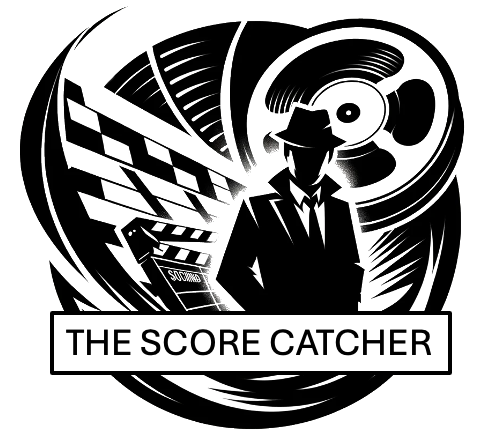Tuesday, ITV4, 10:00pm
Bong Joon-ho’s Snowpiercer (2013) is a heady mix of dystopian sci-fi, class warfare, and blistering action, all wrapped up in a grimy, ice-cold aesthetic. Based on the French graphic novel Le Transperceneige, the film envisions a future where a climate catastrophe has frozen the Earth, and the last remnants of humanity survive aboard a perpetually moving train. The train’s rigid class system—luxury at the front, squalor at the rear—sets the stage for a brutal uprising, led by a grimy and reluctant Chris Evans, far from his Captain America sheen. Tilda Swinton, in an utterly bizarre and brilliant performance, embodies bureaucratic cruelty as Minister Mason, serving up both menace and unhinged humor with her dentured grin and Yorkshire drawl. The film’s escalating violence and surreal, shifting environments turn the train into a twisted, multi-car parable about inequality, revolution, and the cost of survival.

The film’s score, composed by Marco Beltrami, mirrors the mechanical, claustrophobic world of Snowpiercer, blending industrial clanks with orchestral swells that evoke both desperation and determination. Tracks like “Revolt” hammer home the film’s relentless forward momentum, with jagged strings and metallic percussion mimicking the train’s unceasing grind. The quieter moments, such as “Water Supply”, introduce eerie, high-pitched tones that underscore the fragility of life on the train—one wrong move and the whole system collapses. Beltrami’s approach here is more restrained than some of his horror-heavy works (A Quiet Place, World War Z), but it’s no less effective, reinforcing the film’s tension without overwhelming it. It’s the kind of soundtrack that doesn’t just accompany the visuals—it rattles and shrieks alongside them.
Bong Joon-ho’s ability to mix grim satire with kinetic, genre-driven storytelling makes Snowpiercer an instant cult favorite, and it’s no surprise it’s been dissected for everything from its Marxist overtones to its potential ties to Willy Wonka & the Chocolate Factory (yes, really—look it up). The film’s success even spawned a TV series, though it lacks the raw, ice-bitten ferocity of the original. While Snowpiercer might feel more contained than Bong’s later Parasite, both films share a scathing critique of social hierarchies and the inevitability of revolution. And let’s be honest—there’s something deeply, almost cathartically satisfying about watching a ragged Chris Evans beat his way to the front of the train, only to discover that the system itself is the real trap.
- Noel Chambers
